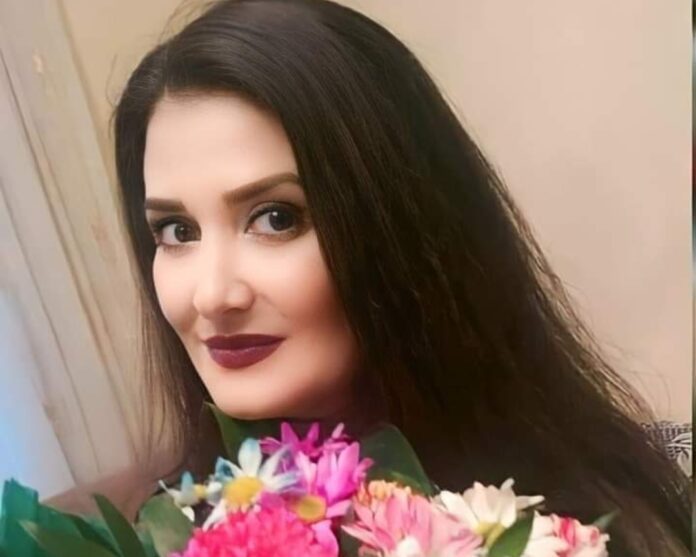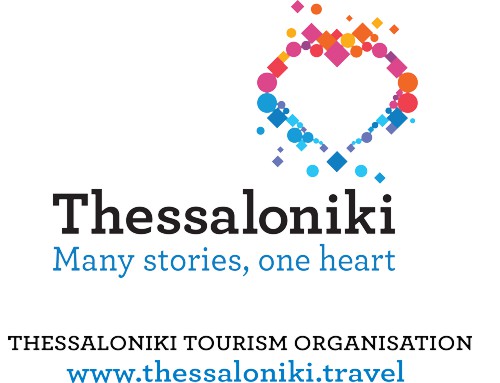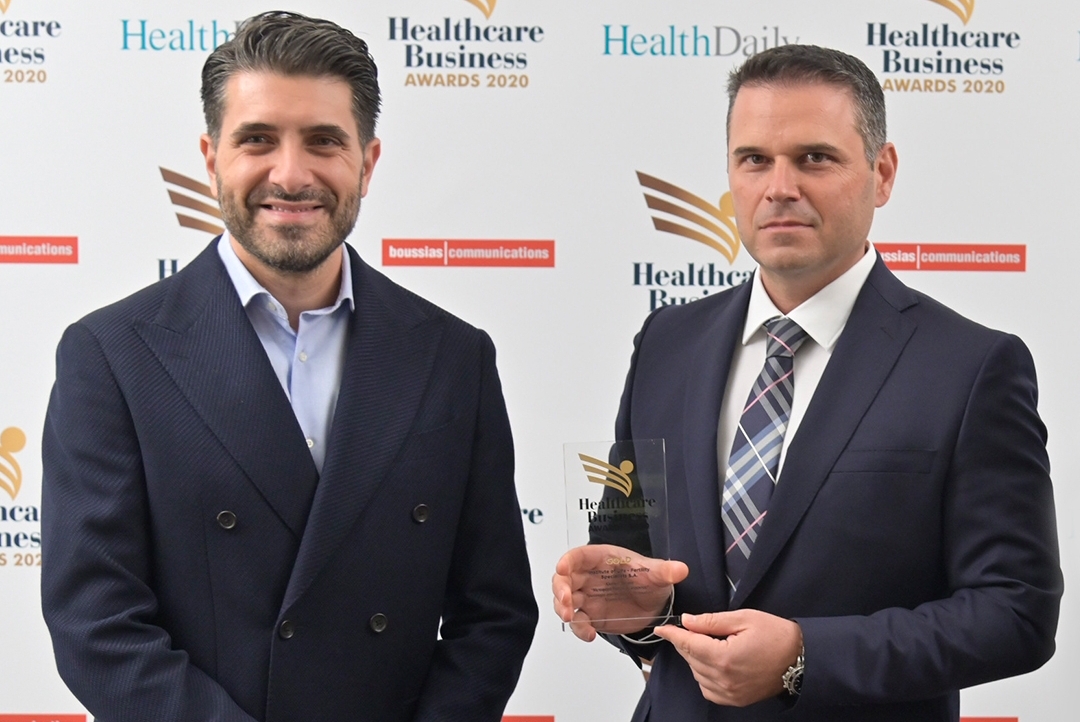Σας παρουσιάζουμε την Ποιήτρια, Δημοσιογράφο, Κριτικό λογοτεχνίας, Tarana Turan Rahimli από το Azerbaijan
Επιμέλεια συνέντευξης: Εύα Πετροπούλου Λιανού
“A poet can be inspired by nature, which soothes the human soul with its endless green fields, forests, waterfalls, and the sea, or he can write from images and events that are the complete opposite of this”
Assosiate Prof. Dr. Tarana Turan Rahimli is an Azerbaijani poet, writer, journalist, translator, literary critic, teacher, academic, is an active member of the International Literary Agency in Turkey, Azerbaijan, Philippine, Kazakhstan, İtaly, Oman, Belgium, USA. She is a doctor of philological sciences, Associate Professor, author of 8 books and more than 500 articles. She is the editor and reviewer of 25 monographs and poetry books.The work has been published in more than 45 Western and Eastern countries.

Dear poet Honorable. Please share your thoughts about the pandemic and the future of literature…after. Global events have always stimulated the development of literature. This has been the case throughout the centuries. Because a person always seeks consolation in words and artistic thinking in the most difficult times. Therefore, the pandemic had a serious impact on the development of literature. On the other hand, poets and writers spent more hours on creativity due to the opportunity of free time created by the pandemic conditions. Before the pandemic, it was as if the world was sleeping, and literature was also deep in a dream. As the pandemic shook the world, it also shook literature. He made everyone look at life with a new perspective and say new words. The works of fiction written during the pandemic urged people to learn from tragedies and draw conclusions from mass deaths that engulfed the world. One could think that the calamities caused by the coronavirus will change the world and push humanity to kindness. Literature also convinced the reader of this. Writers all over the world hoped that human love would overcome this virus and that a more humane era of humanity would begin after that. Unfortunately, this did not happen. Wars flared up. Political intrigues and oppressions exceeded their limits. In the world, the greed for money and the deceitfulness of wealth became more passionate. Literature still does not lose hope, it does not lose its propaganda task even for a moment. Literature always believes in the future.
The Good and the Bad. Who is winning in nowadays? For some reason, people often think that bad has won. However, human intelligence has always believed in the victory of Good. As in the verse story “Good and Evil” by the great poet of Azerbaijan and the whole East, Nizami Ganjavi (XII century), the image of Good is shown as the winner in world literature. Historically, literature is based on the motif of the victory of Good. But today there are those who think completely opposite. Remember the works of Hugo, Tolstoy, Dostoyevsky, Theodore Dreiser, Harriet Beecher Stone, hundreds of brilliant writers, in all of them good has always won. Even in the work that ends with the death of the hero, who is the representative of Good, good has won. In Shakespeare’s famous “Romeo and Juliet”, the heroes – the lovers who represent good – die at the end of the play. But despite this, the drama ends with their victory over evil. Love wins. As long as the world stands, love will prevail, good will always triumph over evil. I believe in it as much as I believe in my own existence.
Tell us whhere inspiration is coming from for you? The source of inspiration can be various topics. A poet can be inspired by nature, which soothes the human soul with its endless green fields, forests, waterfalls, and the sea, or he can write from images and events that are the complete opposite of this. Imagine a poem lovingly talking about a very old, damp-smelling shack with a bent roof and broken window panes. After all, we cannot blame the poet for being inspired by this old hut. Because we only know the extent of the wires that bind him to that hut as presented to us in the poem. Even the most terrible events – volcanic eruption, earthquake devastation, fiery battle scenes move the poet, he can write the best poem. So, all topics can inspire the poet and make him write. It is the same in my creativity. But my eternal source of inspiration is PEOPLE. Regardless of religion, language, race, nationality, place of residence, time – HUMAN.
Are the people read books or no? I look around before answering this question. Yes, because I am a writer and literary critic, all the people in my circle are book readers, and some of them “breathe with books”. Generally, those who have a habit of reading always need to read new books. But that doesn’t mean everyone reads. I spent 20 years of my life in the former Soviet era. At that time, everyone was reading books. Even housewives and men with only secondary education read world literature and bought volumes of books from libraries and bookstores. However, the development of modern technologies, the charm of smartphones and computers have literally damaged the charm of the book. Now more intellectual class continues to read books.
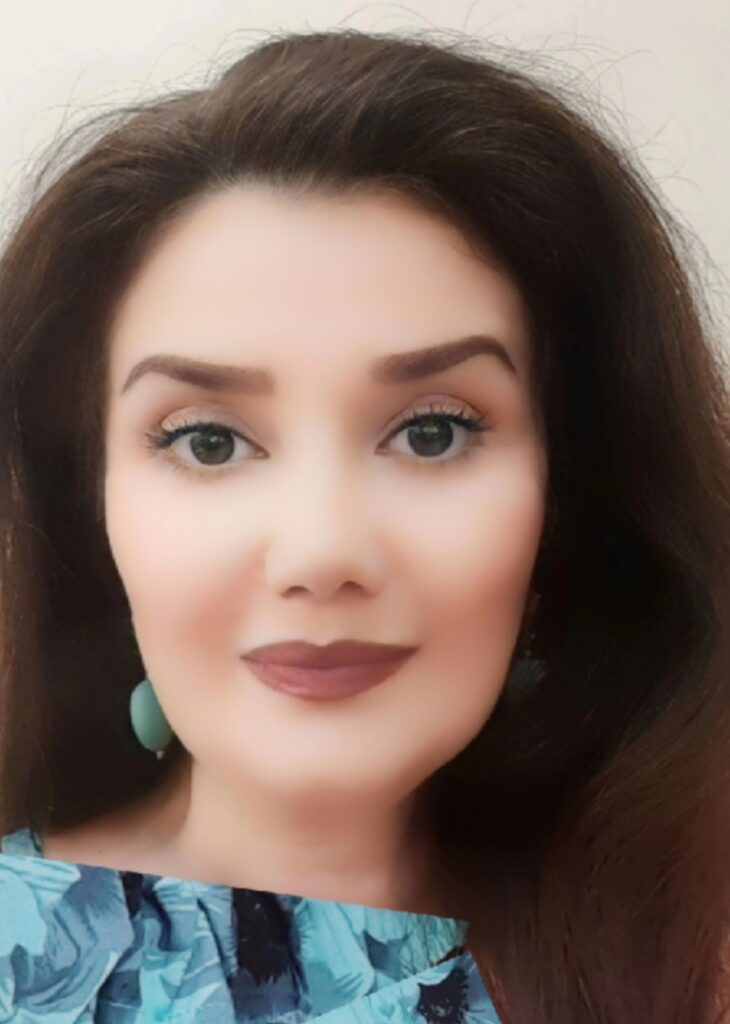
How many books have you written? And where can we find your books? I have written 11 books. 8 of my books have been published, and 3 of my books are ready for publication. My published books are:
1. “The decent follower of the Great generation” /About Kamal Talibzade, the eminent literary critic, Academic of Azerbaijan/, (monography), Baku, ASPU publishing house, 2002.
2. “The Whisper of Grief” (poems), Baku, ASPU publishing house, 2007.
3. “The creative problems of literature and literary critic” (monography), Baku, “Europe” publishing house, 2009.
4. “They will recognize me from my love” (poems), Turkey/İzmir, 2013.
5. “The poem that I didn’t write to you” (poems), Turkey/Ankara, 2013.
6. “From the literature to eternity” (scientific book), Baku, YSEQ publication, 2015.
7. “The Azerbaijani prose and criticism” (monography), Baku, “Science and Education” publishing house, 2017.
8. “Purple Clouds /translations from world poetry/”, Baku, ADPU publishing house, 2018.
My books can be purchased and read from the ANL (Azerbaijan National Library) electronic library in Azerbaijan and from the electronic libraries of Turkey, Italy and other countries.
Do you believe that our life, our destiny is written or we can change it? Recently, I had another interview where I answered this question. I am one of those who believe in writing. But saying “this is my forehead” and accepting every surprise that fate brings is a wrong way of thinking. I always have interventions and additions to situations and events that I unexpectedly encounter in my life. I have always struggled to realize my plans for my life. I tried to achieve my wishes. I never expected the ready happiness that my destiny brought.I have always strived to create my own happiness myself. And most of the time it was possible. I do not think that we should sit and wait and hope for what is given to us in the forehead. In any case, it is impossible to guess what this writing promises us throughout life.

Religion is the cause of many wars- a lot of people they say that. What do you think? We are not living in the Middle Ages. In ancient times, religious discrimination led to long-lasting wars. Those wars had very terrible consequences for humanity. Today, we live in a world that favors tolerance and multiculturalism. My country is a tolerant country. Representatives of all religions and different nationalities have equal rights in Azerbaijan. We have always been a nation far from chauvinism, national intrigues, and religious discrimination. Living in such an environment, I think that religion is not the cause of wars. Wars are caused by claims of political hegemony and greed for wealth. If we pay attention, we will see that the great powers that rule the world work only to ensure that the political hegemony does not change. I remembered the words of grandfather Grisha in the work “Quiet Don” by the great Russian writer Mikhail Sholokhov. Melekhov: “When will there be no wars?” Grandpa Grisha answered this question: “If people drain the blood in their veins and fill it with water instead, there will be no wars.” This means that as long as mankind exists, there will be wars. Because human passions and greed for leadership have remained unchanged for centuries.
Money brings happiness? It is impossible to live for free. But happiness cannot be bought with money. Otherwise, all the millionaires on earth would be happy. Were the Nobel brothers, who established the world’s largest monetary prize, happy in life? Never! It is enough to remember Alfred Nobel’s failures in his personal life and lifelong loneliness. Money is only power and confidence. But these are not enough to be happy.
The book: E book or Hardcover book. What will be the future? Both are important. In the era we live in, it is absolutely impossible without e-books. But I read both of them, I especially enjoy reading more hardcover books. In the future, more hardcover books will be important.
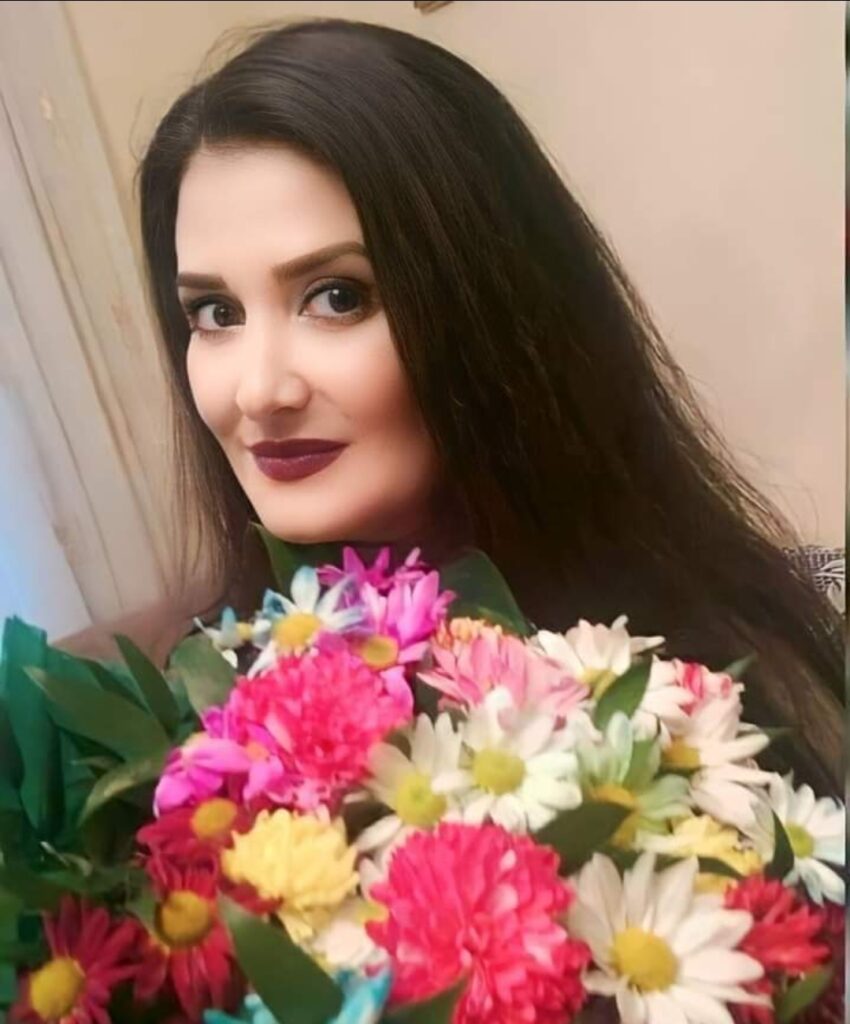
What do you think about the year of technology? Are we lost ourselves inside the mobile phone, the computers… No matter how much technology makes our life easier, it also has negative aspects. For example, it weakens our eyes, tires our brain, and damages our body with its rays. In Japan, where technology is most developed, there is also a diagnosis of “Death from exhaustion”. Sometimes the brain cannot withstand the speed of technology and the abundance of information and can be destroyed. But technology also has many advantages: it brings the distant closer. For example, thanks to social networks, literary relations between countries are developing rapidly. I got to know my dear friend and very talented poet like you thanks to the internet world. But I think that it is necessary to take advantage of other opportunities of life. You can’t live only with a cell phone and a computer. When I’m on a nature trip or relaxing, nothing makes me look at my phone. Being attached to the phone is a bad habit. Those who know me know that I am not a “good friend” with the phone.
Environmental issues. Are the progress the technology and the humans are responsible for all this desaster? Why? I don’t think so. The development of technology does not teach us to behave harshly and ruthlessly with the environment and ecology. It’s just that modern man often forgets his connection with nature. If a person often remembers that he is a part of nature, he cannot be cruel to it. When the harmony between nature and man is disturbed, imbalance occurs, the order of life is lost. Today, the world is facing such a disorder. And the reason for this is not technology, but man’s disloyalty to nature. The great Greek philosopher Aristotle was asked: “What has philosophy taught you?” Aristotle replied: “What others do out of fear of the law, I voluntarily began to do.” A person should not harm the environment because he is afraid of punishments and fines. Because he loves nature, he must protect it. We must teach the new generation, our children, to love nature and be grateful for it. Only then the future of our world will not be in danger.
A wish for 2023. Let no more childrens die, let cities not be destroyed in the countries that have been improved for centuries, let the monuments of history not be destroyed, let wars end with a peace agreement. Let people not lose hope for tomorrow.
Thank you so much. Thank you very much for your interesting questions.
Eva Petropoulou Lianou
Editor in chief
Prodigy magazine



















